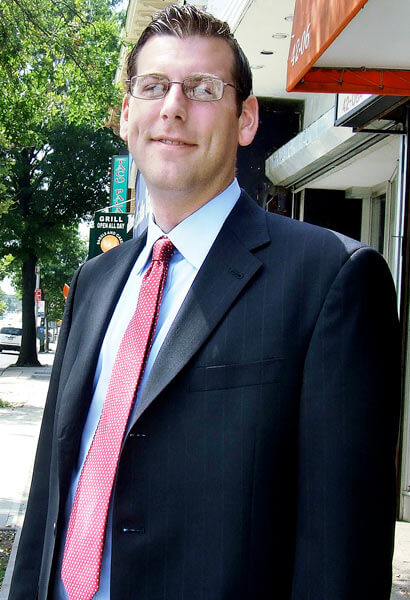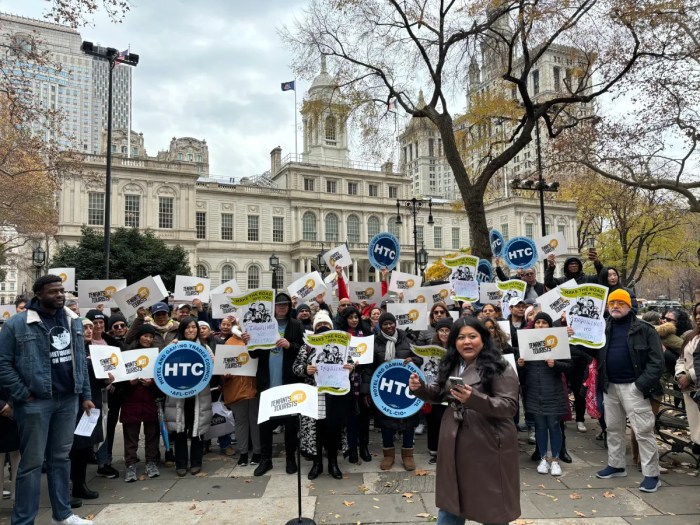By Sarina Trangle
State Assemblyman Edward Braunstein (D-Bayside) has been highlighting Columbia University’s alleged mishandling of rape complaints to promote a bill he drafted that would require universities to refer such crimes to police within 24 hours.
Columbia has been making headlines since students contended the university failed to discipline a student athlete who raped two pupils and groped another due to lack of evidence. The college did not encourage the victims to go to the police, according to the New York Post.
“My staff and I have known this has been a problem for years — colleges and universities trying to handle crimes that happen by themselves rather than reporting it to authorities,” Braunstein said. “We have a bill out there that would bring some pressure to universities to be forthcoming about crime on campus.”
Braunstein introduced legislation in 2011 that would compel all college and universities that receive state aid to notify law enforcement agencies when they received reports of violent felonies or missing people within 24 hours. It passed the Senate but has not gone before the Assembly. Now, Braunstein said he has revised the bill and plans to promote it this session.
The assemblyman said the measure was inspired by high-profile incidents, such as former Penn State Coach Joe Paterno, who was dismissed after the university found he failed to act on reports that Jerry Sandusky was raping young boys. He said constituent feedback or incidents in his district did not compel the move.
Statistically speaking, few college campuses are free of sexual crimes. One in five women in undergraduate programs and one in 16 males are the target of an attempted sexual assault or the victims of such crimes, according to the U.S. Justice Department.
St. John’s University reported one forcible sex offense on campus in 2010, five in 2011 and three in 2012, according to the U.S. Department of Education’s Office of Postsecondary Education, which chronicles campus crime data using statistics from school security departments. The college indicated one forcible sex offense occurred on public property in 2012.
At Queensborough Community College, security received two reports of forcible sex offenses by someone on campus in 2010 and one in 2011.
The Office of Postsecondary Education data shows one forcible sex offense occurred on LaGuardia Community College’s campus in 2010, one non-forcible sex crime happened at Queens College in 2010 and two forcible sexual incidents were reported on public property in 2011 and one in 2012 at York College.
St. John’s and the City University of New York did not respond to requests for comment about security policies on Queens campuses.
The NYPD declined to comment.
Last session, Braunstein said the bill unanimously passed the state Senate, but there were lingering concerns that it could clash with the Federal Campus Sexual Assault Victims’ Bill of Rights, which protects victims of sexual assault or rape from having to discuss the crime with law enforcement officers. Braunstein has since edited the bill to ensure that it conforms to the Bill of Rights.
“Federal law requires that if a victim wants to refuse to report a crime to the police, that needs to be respected,” Braunstein said. “Amendments were made late in the session and we didn’t really have an opportunity to sit down with the higher education staff and explain the changes we made.”
Braunstein said he was unsure of the bill’s prospects in the Assembly until he met with Higher Education Committee Chair Deborah Glick.
But the assemblyman said SUNY has indicated it was willing to work with him on the matter.
Reach reporter Sarina Trangle at 718-260-4546 or by e-mail at strangle@cnglocal.com.





































